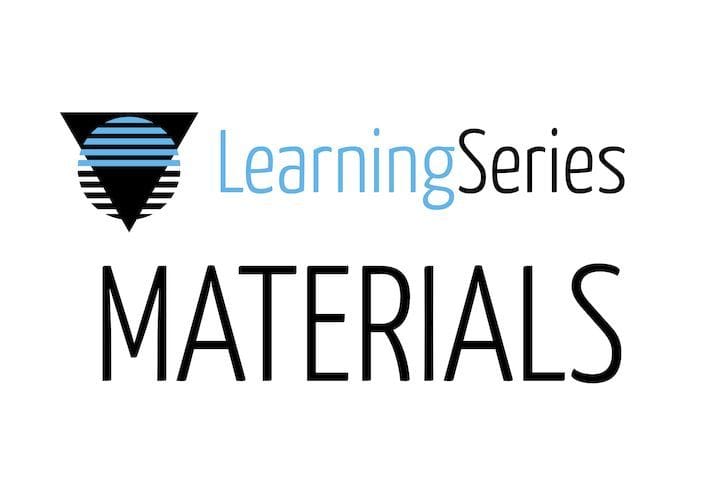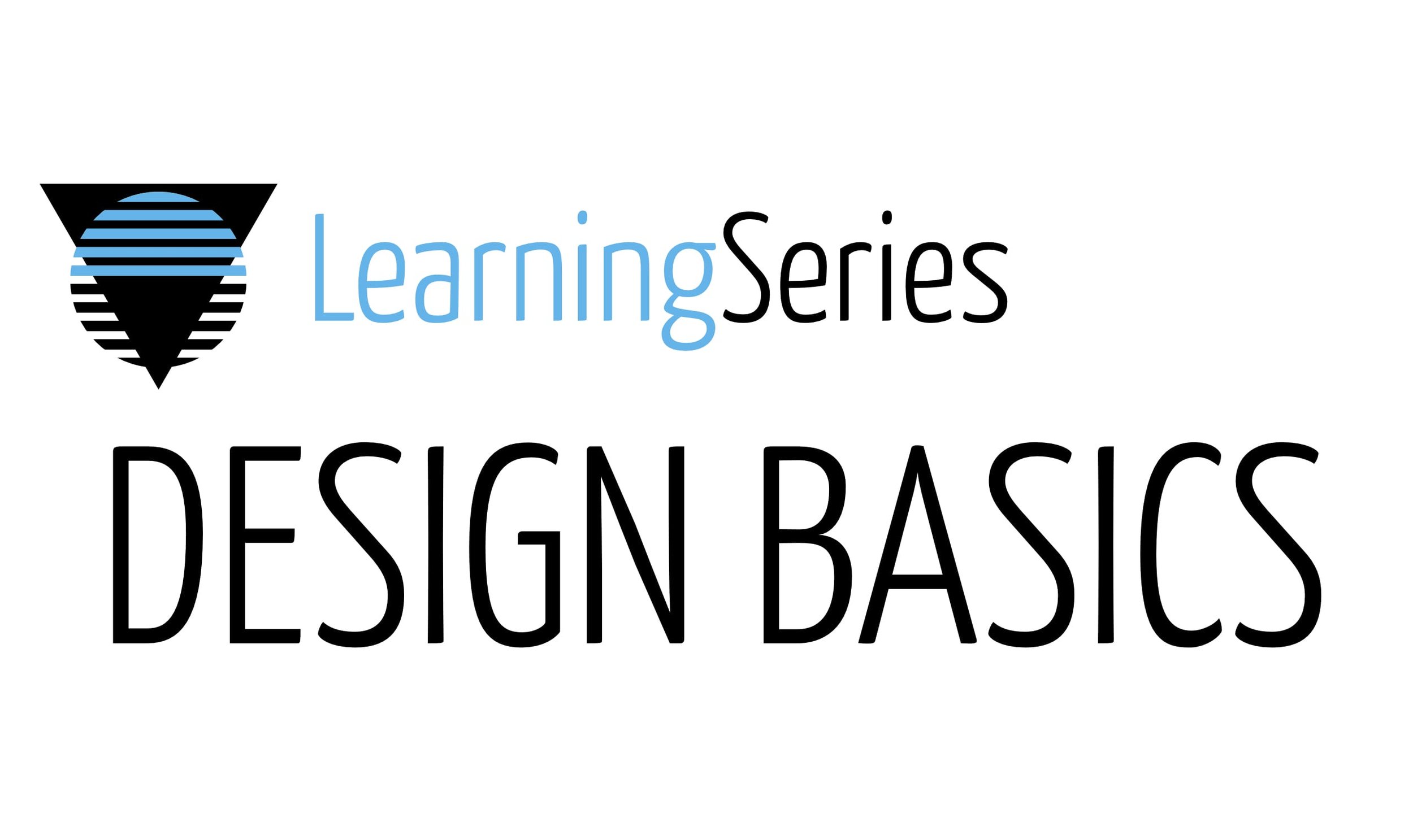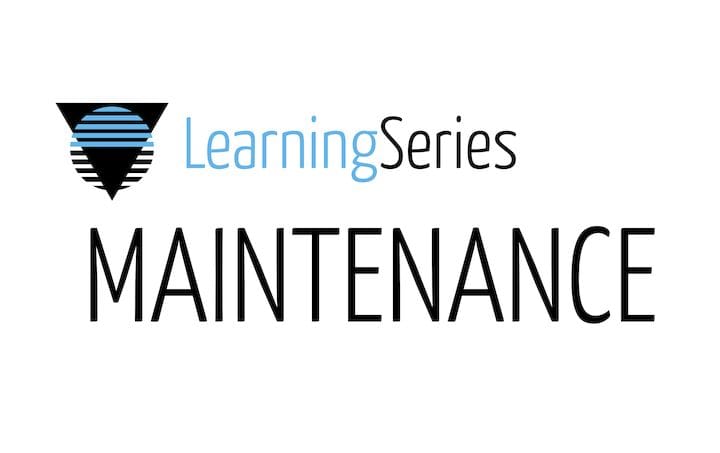 The Fabbaloo Learning Series: Design Tips
The Fabbaloo Learning Series: Design Tips
This is an entry in our 3D Print Learning Series, focusing on additional 3D print design tips.
For other current entries in this series, please search for our tag, “learning series”, here. Search often, as we will be adding more periodically.
3D Print Design Tips
There will be no 3D prints unless you have 3D models. While it does take significant time to learn the basics of 3D design, there are always more things to learn. It’s a skill that has no ceiling.
The following is a selection of posts from our archive that relate to more advanced aspects of 3D design.
Each heading below is a link to relevant design discussion.
Six Key Ways To Leverage 3D Print Design
![How to make designs that take advantage of 3D printing [Source: Fabbaloo]](https://fabbaloo.com/wp-content/uploads/2020/05/six-ways-to-leverage-3d-design_result_img_5eb0985adb869.jpg) How to make designs that take advantage of 3D printing [Source: Fabbaloo]
How to make designs that take advantage of 3D printing [Source: Fabbaloo]
A common mistake new users of 3D print technology make is simply printing conventional objects that have already been made using traditional technologies. You end up with the same part and it costs more to make it. A better approach is to leverage some of the amazing capabilities of 3D printing, but what are they? This post explains some of the more common geometric structures and approaches used to properly leverage 3D printing.
How To Reduce The Cost Of 3D Printing
![Secret ways to reduce the cost of 3D printing [Source: Fabbaloo]](https://fabbaloo.com/wp-content/uploads/2020/05/how-to-reduce-the-cost_result_img_5eb0985b3aaf3.jpg) Secret ways to reduce the cost of 3D printing [Source: Fabbaloo]
Secret ways to reduce the cost of 3D printing [Source: Fabbaloo]
3D printing is often one of the more expensive methods available to make objects. It costs more than mass manufacturing, but allows significant customization, even at the unit level. If you are using 3D printing properly, here are some ways you can try to reduce the costs of your printing experiments.
Be Proud: How To Easily 3D Print Your Country’s Flag
![How to 3D print a flag [Source: Fabbaloo]](https://fabbaloo.com/wp-content/uploads/2020/05/be-proud-flag-design_result_img_5eb0985b79a2f.jpg) How to 3D print a flag [Source: Fabbaloo]
How to 3D print a flag [Source: Fabbaloo]
We stumbled upon a relatively easy process to 3D print flags. It involves using an image of any flag that can be relatively easily transformed into a printable 3D model.
Free 3D Software For The New School Year
![Finding powerful, yet free 3D CAD software [Source: Autodesk]](https://fabbaloo.com/wp-content/uploads/2020/05/free-3d-software_result_img_5eb0985bde8b8.jpg) Finding powerful, yet free 3D CAD software [Source: Autodesk]
Finding powerful, yet free 3D CAD software [Source: Autodesk]
There are countless software packages addressing the need for 3D CAD. Some of them carry very expensive price tags, far beyond the reach of many aspiring 3D print enthusiasts. This post lists a number of very good options for free 3D design software.
Three Ways To Embed Bolts In Your 3D Prints
![Embedding nuts and bolts in 3D prints [Source: Fabbaloo]](https://fabbaloo.com/wp-content/uploads/2020/05/three-ways-to-embed-bolts_result_img_5eb0985c3433d.jpg) Embedding nuts and bolts in 3D prints [Source: Fabbaloo]
Embedding nuts and bolts in 3D prints [Source: Fabbaloo]
3D prints are frequently one component of many that must be assembled together. Assembly is often done using nuts and bolts, but how exactly should you implement nuts and bolts within 3D prints? It turns out there are several advanced approaches that are beyond the basic hole through which the nut and bolt are attached.
Voronoization
![How to create a voronized 3D model [Source: Fabbaloo]](https://fabbaloo.com/wp-content/uploads/2020/05/voronization-ov_result_img_5eb0985c798d3.jpg) How to create a voronized 3D model [Source: Fabbaloo]
How to create a voronized 3D model [Source: Fabbaloo]
You may have seen some amazing 3D prints that look like a foamy version of an original object. You may have also wondered how, exactly, such incredibly intricate structures are composed. It turns out there is a mathematical method for doing so called “Voronoization”, and this post tells you all about it.
Dicing Up The Inside Of A 3D Model With MeshMixer
![Designing the ultimate infill pattern for 3D printing [Source: Fabbaloo]](https://fabbaloo.com/wp-content/uploads/2020/05/dicing-up-meshmixer_result_img_5eb0985cc061d.jpg) Designing the ultimate infill pattern for 3D printing [Source: Fabbaloo]
Designing the ultimate infill pattern for 3D printing [Source: Fabbaloo]
3D printing as a making technology has the unique ability to create internal voids in an object. Many software systems refer to this capability as “infill”, and it’s almost an afterthought during the job preparation. However, infill becomes an integral part of the structure of the object, and is a key element in determining the strength of the object. Slicing programs, though, usually offer only limited abilities to customize the infill. This post describes a method by which you can generate all types of unusual internal structures for your print.
How To Quickly Model And 3D Print Small Household Objects
![Quickly create 3D prints to repair household items [Source: Fabbaloo]](https://fabbaloo.com/wp-content/uploads/2020/05/print-small-household-objects_result_img_5eb0985d0fd4d.jpg) Quickly create 3D prints to repair household items [Source: Fabbaloo]
Quickly create 3D prints to repair household items [Source: Fabbaloo]
Those with a 3D printer at home quickly realize there is utility in being able to print small, custom objects for the household. There are many incidents of a need for custom-made plastic objects, typically for repairing or replacing broken items. But how do you design the custom 3D model for this application? This post will tell you how.

This is an entry in our 3D Print Learning Series, focusing on 3D print safety, which is far more risky than you might have imagined.

This is an entry in our 3D Print Learning Series, focusing on the different materials possible in 3D printing.

An entry in our Learning Series hopes to show you the business aspects of 3D printing, including purchasing, leasing, providing services, designing and marketing.

This is an entry in our 3D Print Learning Series, focusing on 3D Scanning.

This is an entry in our 3D Print Learning Series, focusing on additional 3D print design tips.

This is an entry in our 3D Print Learning Series, focusing on Design Basics for 3D Printing.

This is an entry in our 3D Print Learning Series, focusing on 3D print processing.




